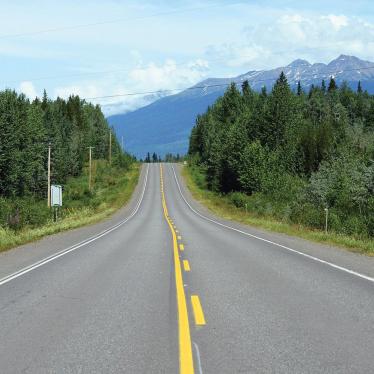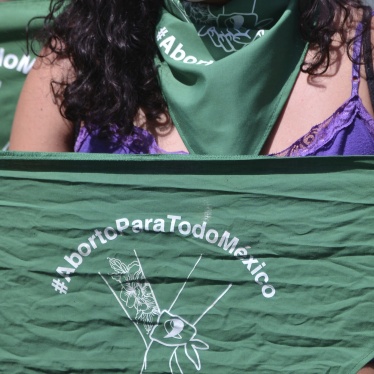According to new police figures, nearly 1,200 native women and girls have disappeared or been murdered in Canada over the last three decades. The level of violence is striking. While they are only 4 per cent of the population, native women and girls represent 16 per cent of female murder victims and 12 per cent of the country’s missing women and girls. This is an ongoing crisis that demands a response befitting its severity and persistence, and that recognizes the devastation the violence has brought to Canadian families and communities. It is time for a comprehensive, independent national inquiry.
This week James Anaya, the United Nations special rapporteur on the rights of indigenous peoples released his report on the situation of aboriginal peoples in Canada. Based on Mr. Anaya’s October, 2013, mission to Canada, the report finds that government efforts to date “have not, at least yet, abated continuing calls for greater and more effective action to address the problem of missing indigenous women and girls.” The report recommends that Canada launch a “comprehensive, nation-wide inquiry into the issue of missing and murdered aboriginal woman and girls, organized in consultation with indigenous peoples.”
Human Rights Watch has also called for an inquiry, following our 2013 report documenting the failure of the Royal Canadian Mounted Police in northern British Columbia to protect native women and girls from violence. In addition, we documented abusive police behavior against native women and girls – including excessive use of force, and physical and sexual assault.
Mr. Anaya is one of a number of international human rights experts who have directed their attention to the high levels of violence aboriginal women and girls experience in Canada. The Inter-American Commission on Human Rights conducted a visit to examine the violence in British Columbia last August. Not long after, members of the United Nations Committee on the Elimination of Discrimination against Women visited as part of an inquiry into the murders and disappearances of native women across Canada. The results of both of those investigations are still pending.
At the same time, the government of Stephen Harper has been doing its best to avoid a national commission of inquiry. Last month, a special parliamentary committee finished its study of the problem. To no one’s surprise, the Conservative-controlled report failed to include a recommendation for a national inquiry – a recommendation that the public later learned was included in the original report drafted by committee analysts but removed by the Conservative majority.
Such moves only remind us why a politically independent commission of inquiry is required. The hundreds of murdered or disappeared women and girls and their families deserve an examination of this problem that is untainted by politics. They deserve plan of action for addressing this problem based on unbiased findings, not political calculation.
In addition, the Canadian public deserves an inquiry that takes a hard look at what Mr. Anaya describes as “high levels of distrust among indigenous peoples toward government at both the federal and provincial levels.” In the course of the research into violence against indigenous women and girls in northern British Columbia, Human Rights Watch found that mistreatment by police compromised the safety of native women and girls and left them feeling they had nowhere to turn. Notably, the parliamentary committee failed to take up the critical issue of police accountability for misconduct in its study.
The demands for a national inquiry grow every day. Mr. Anaya’s call joins that of the premiers of Canada’s provinces and territories, as well as the Assembly of First Nations, the Native Women’s Association of Canada, and the federal opposition. Until the calls are heeded, and this deplorable violence is confronted with the effort and resources it deserves, Canada will continue to find itself the object of the international human rights movement’s scrutiny, rather than its standard bearer.






